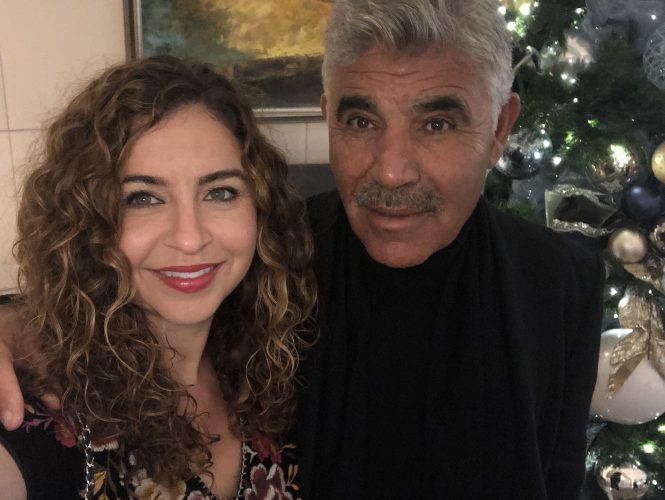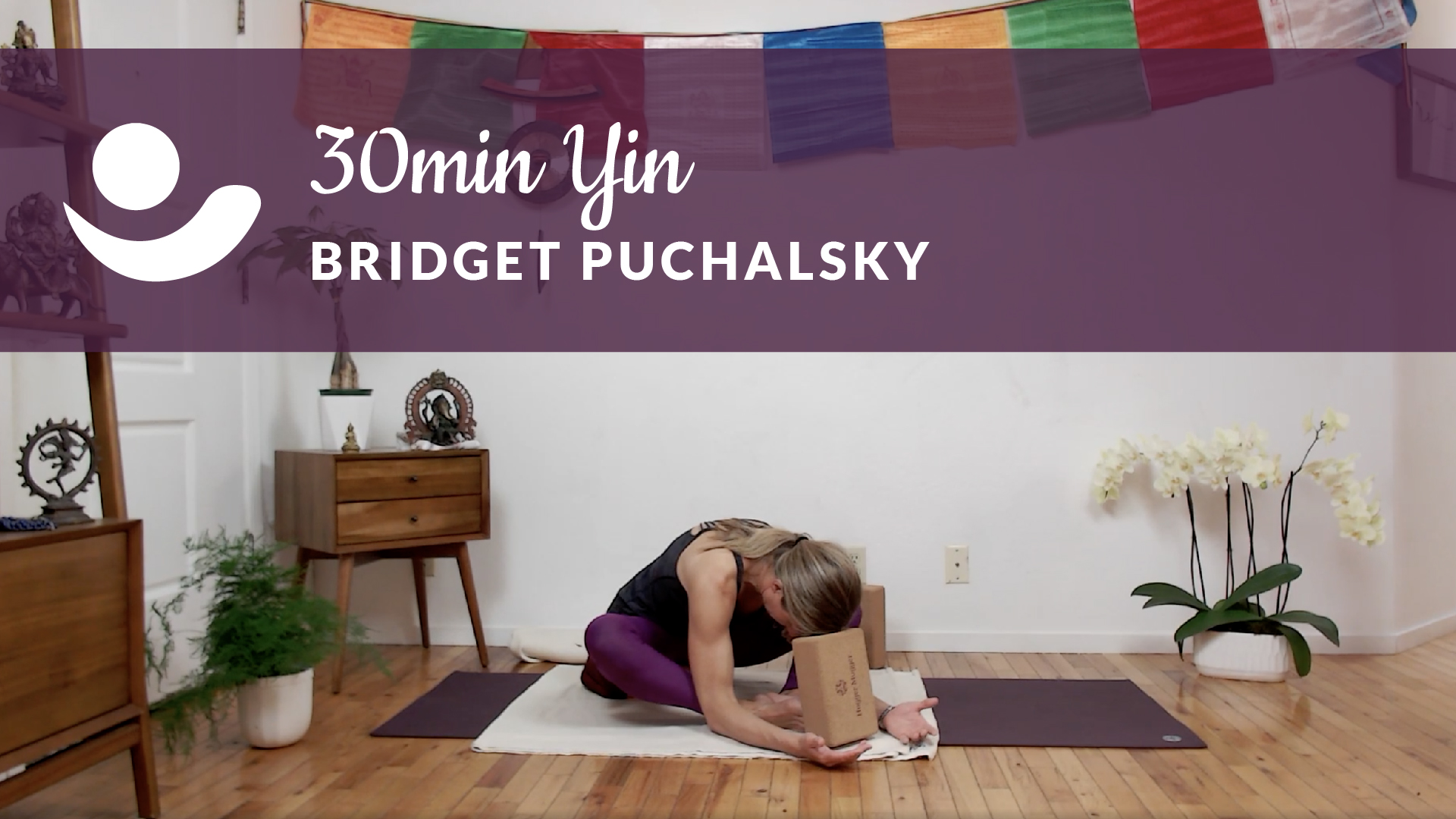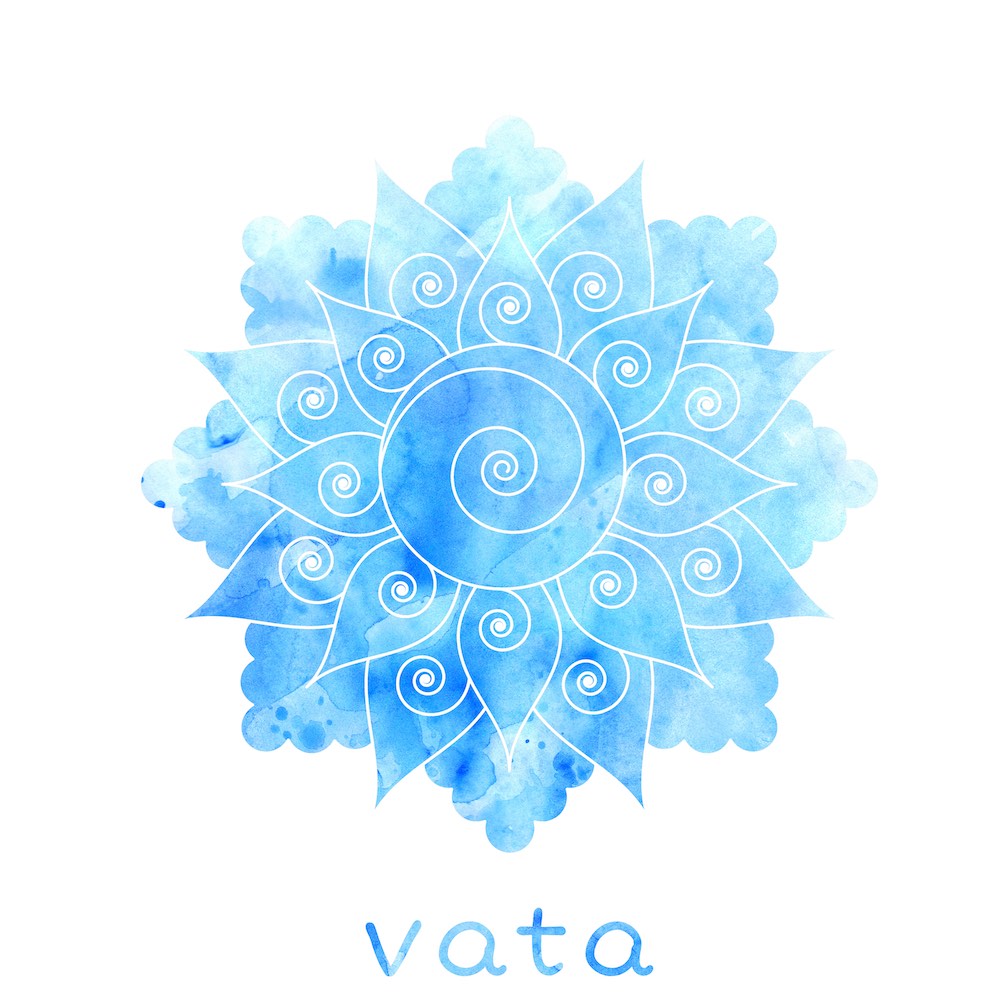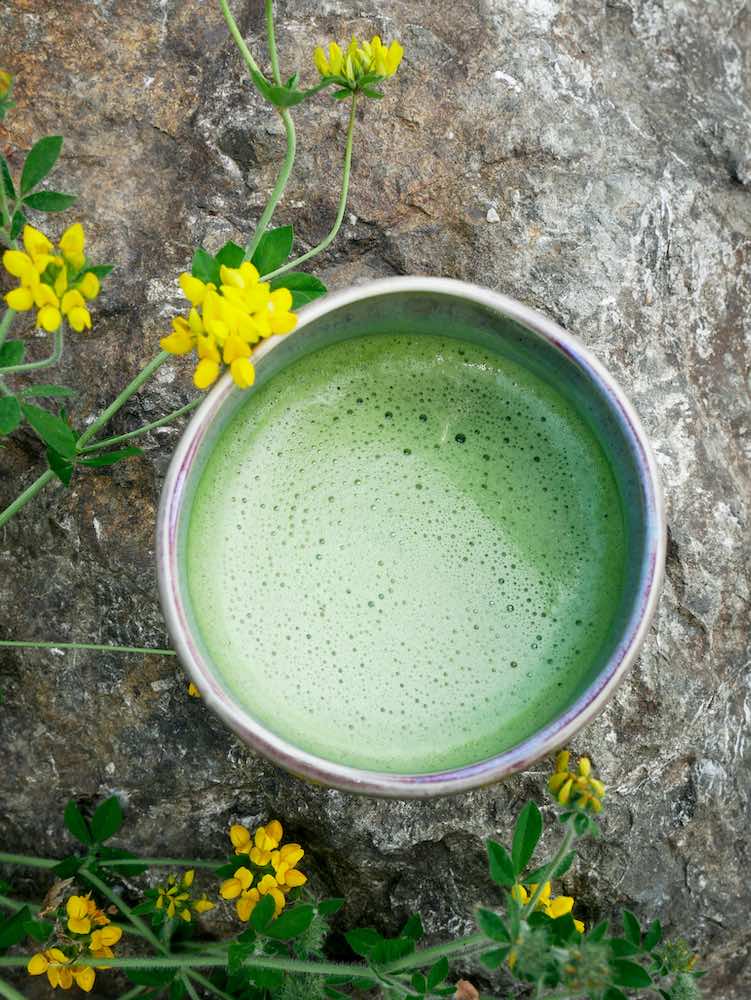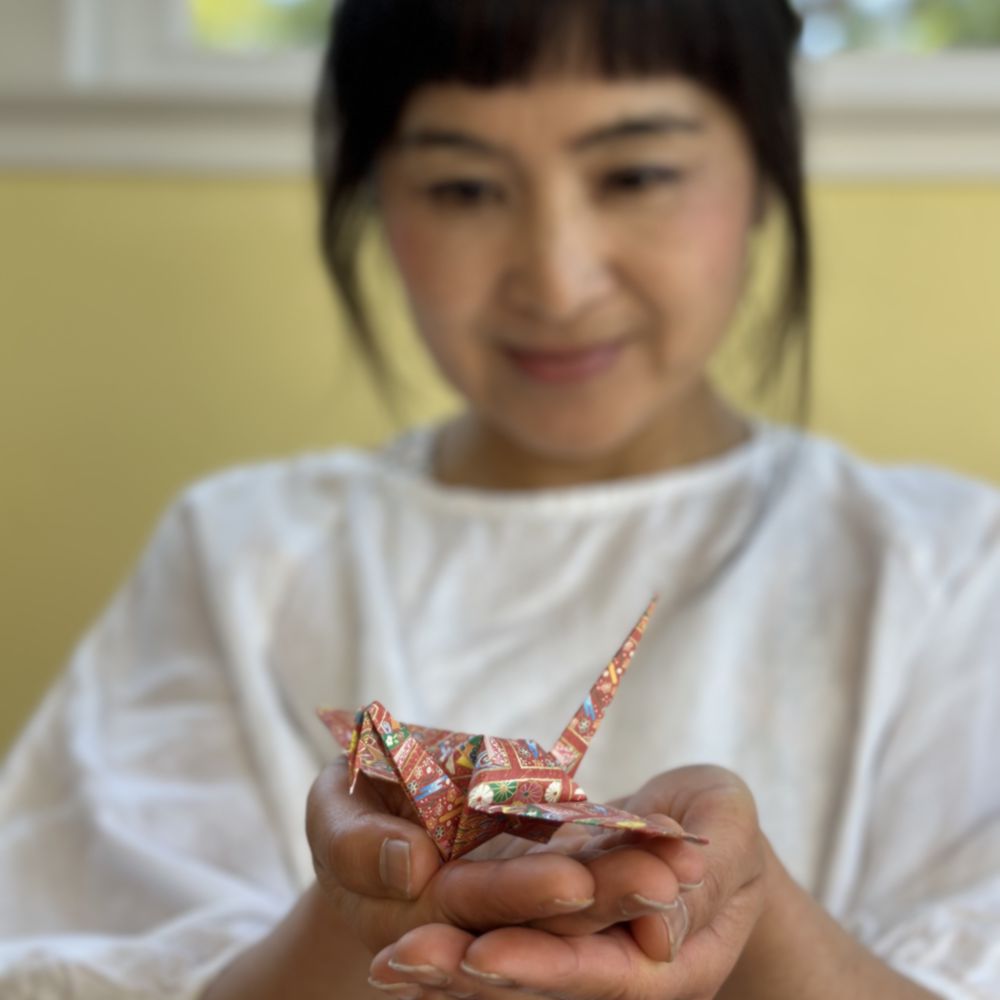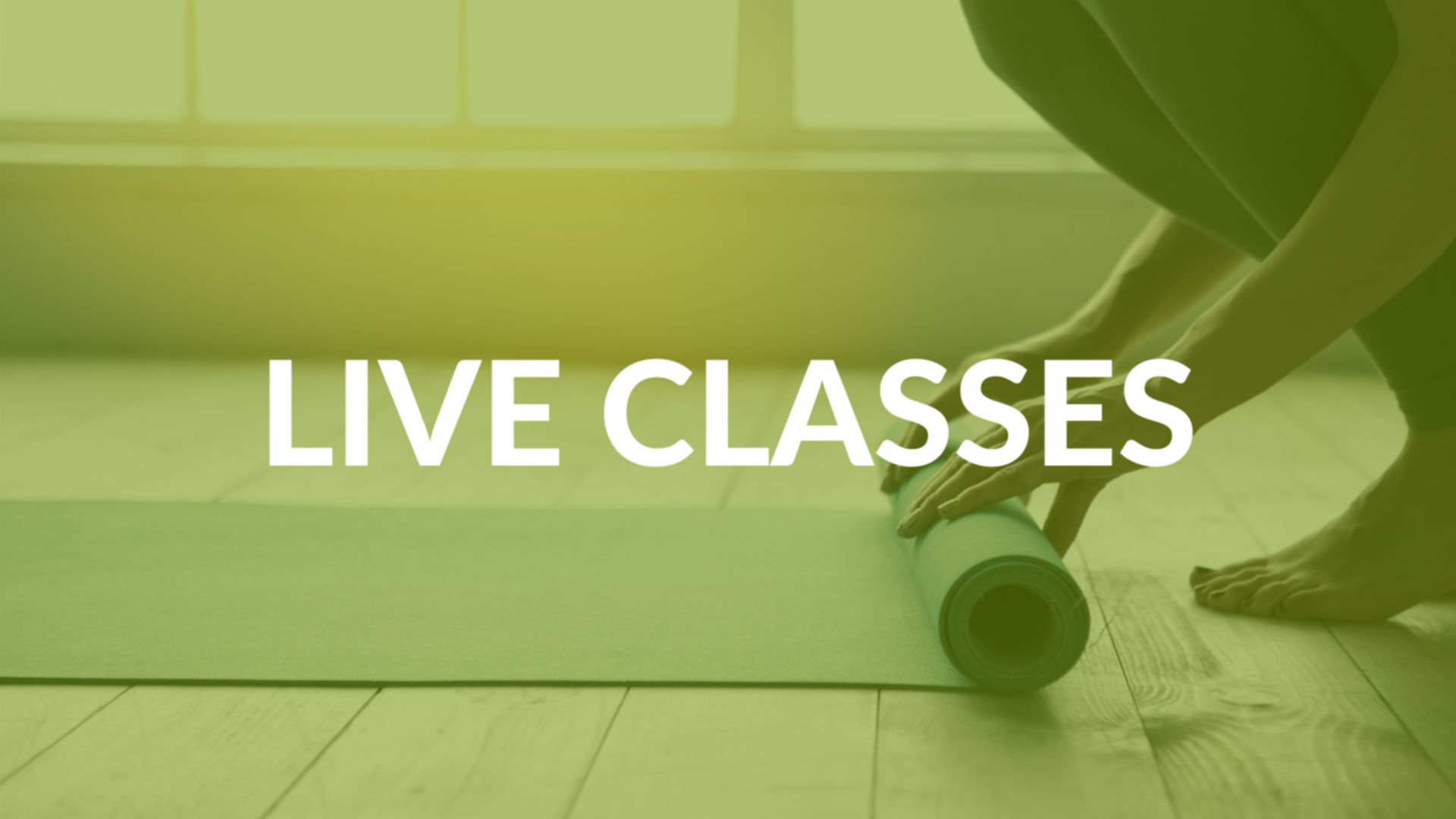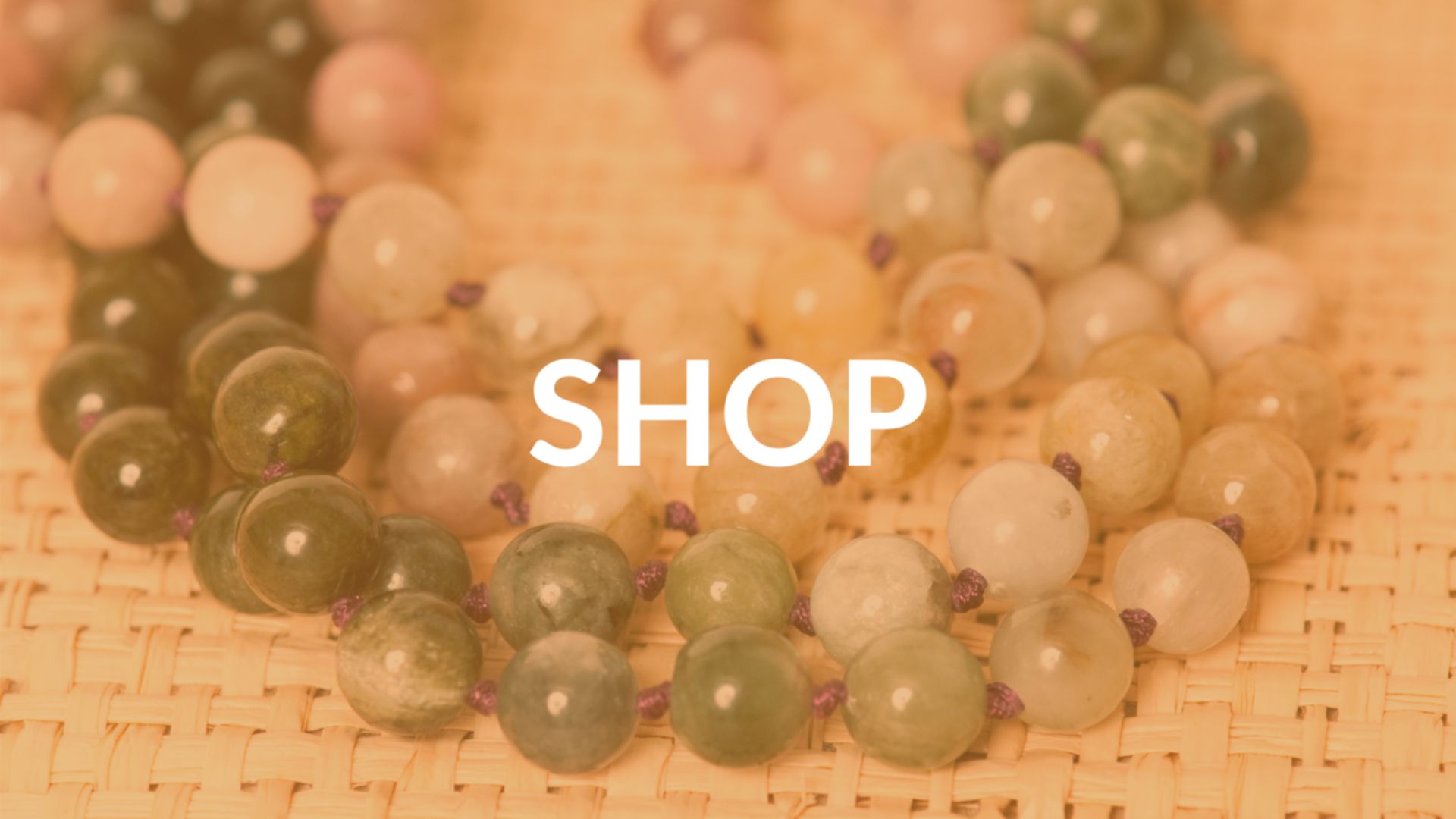I have been reluctant to take any kind of teaching role during this pivotal moment in the Black Lives Matter movement. I am a student in this classroom. The best I can do in this learning process is to start where I’m at.
As a person of color, I’ve experienced enough hate, and even hate crimes, in my life to develop a fraction of understanding about the systemic violence thrust on black and indigenous people in our country. I also have enough white privilege to understand the discomfort of white people when it comes to addressing their whiteness and the complicity inherent in privilege.
I’ve been having conversations with my father over the last few weeks that have honestly made me wonder how well I know this man. He is an immigrant from Iran. Growing up, I watched people throw rocks at him, beat him, and threaten to kill him. I watched him build a tolerance to the consistent stream of harassment directed at him for the color of his skin, his accent, and his country of origin. During wartime, this hatred of my father’s existence conflagrated and I’d watch him go into a kind of hiding – no airports or large crowds for years after 9/11. My dad has recently shared that even though these acts of prejudice happened to him, he stayed committed to trying to prove himself. He said – almost glowing – that he could feel it when his white friends finally accepted him, and attributed that to his determination not to give up. His thought was that black and indigenous people in this country should do the same – continue to prove themselves in order to be accepted.
This reminded me of Former Presidential Candidate Andrew Yang’s comments at the onset of the pandemic, as the wave of bigotry moved toward Asian Americans, simply because COVID-19 originated in China. After he was racially targeted and felt the sting of self-consciousness, his advice to the Asian community was, “We need to step up, help our neighbors, donate gear, vote, wear red white and blue, volunteer, fund aid organizations, and do everything in our power to accelerate the end of this crisis. We should show without a shadow of a doubt that we are Americans who will do our part for our country in this time of need.”
The burden falls on people of color to prove their right to exist, to take up space, to breathe.
I reflected to my dad that it’s not our job as people of color to prove ourselves to anyone. We exist; therefore, we are deserving. His reply was, “That’s nice, but that’s not reality.” That’s when the light bulb turned on, and I realized where he was coming from. My dad spent his entire childhood trying to prove his worthiness to his parents, who were too consumed by their own traumas and poverty to give him what he needed. I called that out in him and urged him to look at his family of origin. His inner child still believed that if he tried harder, worked harder, was more obedient, then he would be loved. He was putting his childhood wounds on the rest of the world. When he and I named that together, I heard something inside of him click, and I could recognize my father again. That’s when we could finally address our own privilege and complicity. That’s how we began to touch personal accountability.
These conversations with my father were uncomfortable to have. We are people of color, but also people of privilege. What shined a glaring, heated light on our privilege was the simple fact that we could freely talk about another group of people and how they should or should not behave in order to gain their own privilege (or right to breathe). We were only able to turn the conversation to our privilege – WHERE THE FOCUS BELONGS – because of the steadfast work of BIPOC teachers, leaders, and artists, who are helping us see what true allyship looks like.
Starting where we’re at looks different for all of us, but we must start. Working with our discomfort is a necessity of change. When we are willing to be uncomfortable, we can make a difference.

